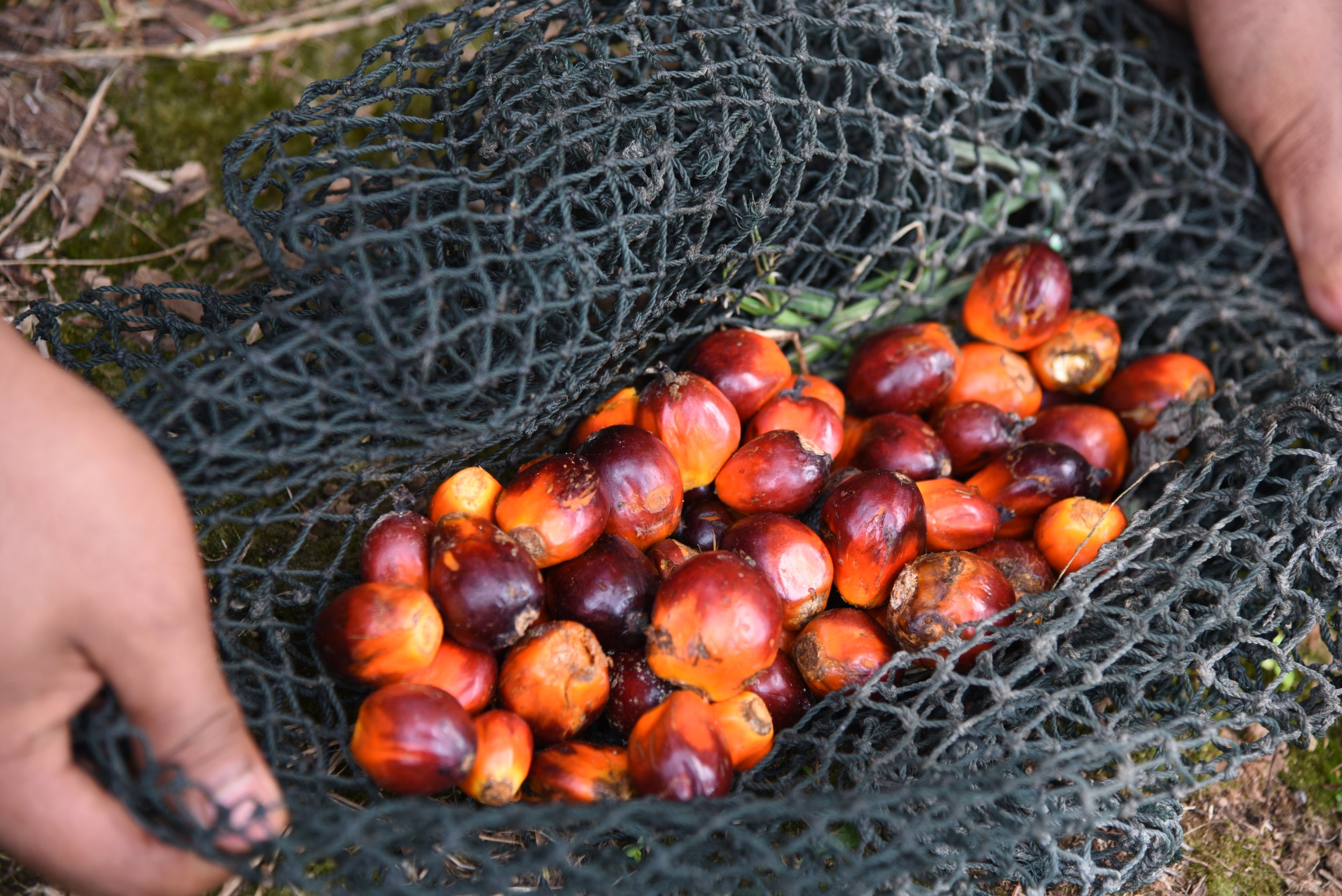MSPO statement USCBP Sime Darby
MPOCC Regrets USCBP Findings on Malaysian Palm Oil
· MPOCC regrets the findings of the US Customs and Border Protection against Sime Darby Plantations
· Sime Darby Plantations is well known globally as a responsible producer of palm oil with certification achievements under some of the toughest global standards for certified palm oil including the Malaysian Sustainable Palm Oil Scheme
· The MPOCC supports the Ministry of Human Resources determination towards affirmative actions that will lay to rest once and for all, any allegations of labour abuse in Malaysian palm oil.
MPOCC supports Sime Darby Plantations in expressing our regret that the US Customs and Border Protection has decided to issue its findings before the company has had a chance to refute the allegations with an independent third-party assessment.
However, we look forward to the US CBP findings as a challenge to the Malaysian palm oil industry that it is sustainable in a global sense. It is not without difficulties that we address the allegations of markets like the US while acknowledging with gratitude the understanding of the EU that there are cultural differences that may make societal activities in Malaysia acceptable to the EU but offensive to the US.
In this respect, the Malaysian palm oil industry is fully aware that cultural differences and differing opinions on how labour issues should be handled, as exemplified by the contrasting positions of the EU and the US, are a challenge the MSPO must meet in order to achieve global acceptance. A lesser certification scheme for sustainable commodities may have well fallen back on the position of the EU and tried to plead its case from there.
For the Malaysian Sustainable Palm Oil (MSPO) scheme, this easy out where one can plead the EU MEP’s position to sway the opinion of the US will not serve to achieve what the Malaysian government and the Malaysian palm oil industry wants. This would be global acceptance of the MSPO as a credible certification scheme for vegetable oils regardless of where the buyers are from or what their demands for sustainability are.
This has been the driving force behind the MSPO and our vision of certifying sustainable palm oil for the world.
Having assured critics of the sustainability of Malaysian palm oil with firm commitments on forest and biodiversity protection, Malaysia looks forward to any questions on the sustainability of its palm oil. The actions of the US CBP are considered unjustifiable by some stakeholders in light of its guilty until proven innocent approach, but Malaysia remains confident that it will prove itself.
To remove the arguments of cultural differences, the Malaysian government has agreed to ratify the ILO Protocol 29 in order to meet global standards. More information on Malaysia’s engagement with the ILO can be read in this exhaustive document prepared by the ILO.
The MSPO scheme is prepared to meet all and any concerns on the sustainability of Malaysian palm oil for the global market.
MSPO 2022, which is expected to roll out in March this year, will highlight key focus areas, namely introducing the cut-off date to exclude deforested land from being certified, high conservation value, social impact assessment, greenhouse gas (GHG) calculator; as well as addressing forced and child labour issues.
While the publicised decision of the US CBP is regrettable, the MPOCC is respectful of the CBP’s position that working towards or striving towards US standards on labour is not enough to warrant open market access.
The MPOCC is however confident that once MSPO 2.0 is implemented, that the principles driving sustainable palm oil production in Malaysia with the force of national laws and guidance of global bodies like the ILO will end any aspersions on Malaysian palm oil.


